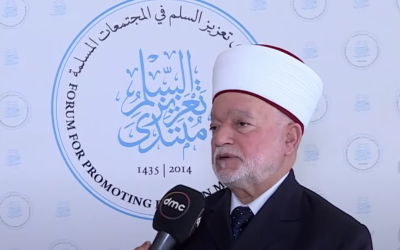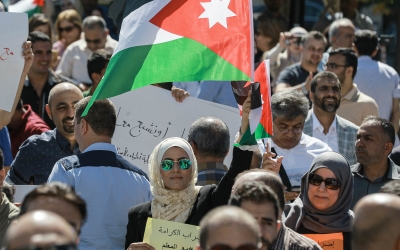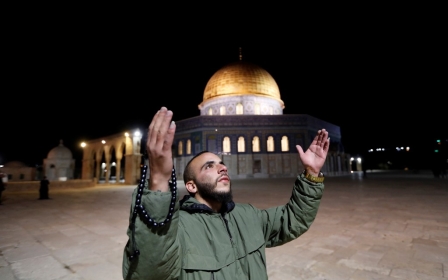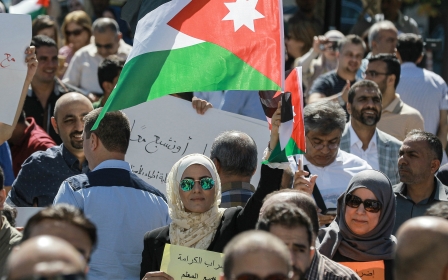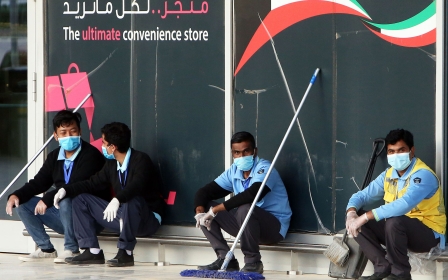Arabic Press Review: Palestinian cleric rejects UAE involvement in Al-Aqsa
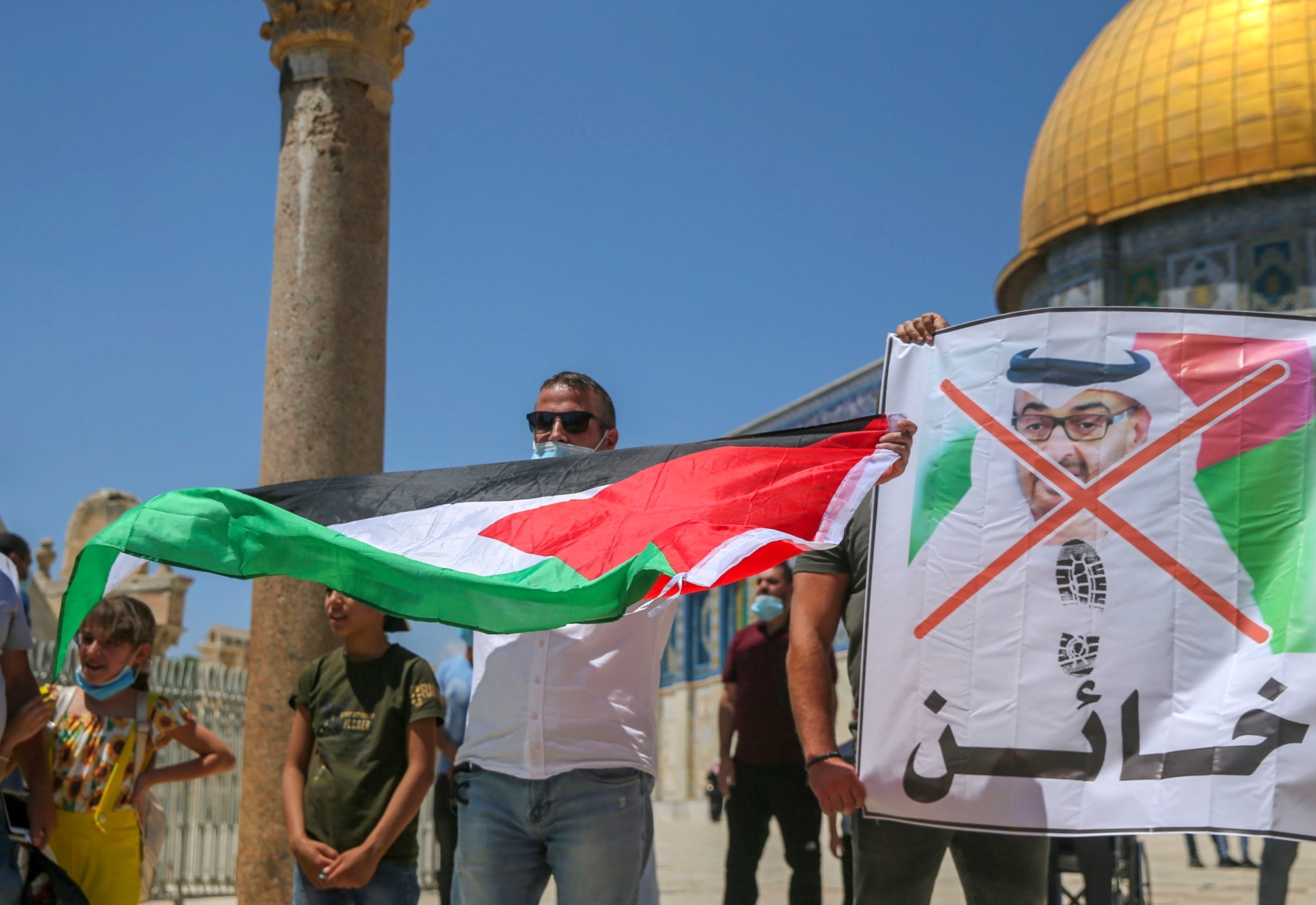
UAE has no authority over Al-Aqsa Mosque
One of Jerusalem's most prominent religious figures, Sheikh Ekrima Sabri, has insisted that the United Arab Emirates has no authority over the city's Al-Aqsa Mosque or to speak on behalf of the Palestinians, Arabi21 reported.
New MEE newsletter: Jerusalem Dispatch
Sign up to get the latest insights and analysis on Israel-Palestine, alongside Turkey Unpacked and other MEE newsletters
The Al-Aqsa cleric and former Grand Mufti of Jerusalem was responding to reports that the UAE's deal to normalise relations with Israel included clauses about changes over prayer arrangements at the mosque which are currently reserved for Muslims.
Sabri said: "In light of what has been reported by the media, we confirm again and again that Al-Aqsa is all that is inside the wall, including all buildings, facilities and squares, and it is for Muslims alone by a decision from God Almighty, and not by a decision of a security council or a UN body."
"No state or authority has the power to act in Al-Aqsa. This is unacceptable, and we cannot give up even an inch of it," he said.
Jordan's anti-government protests escalate
Protests against Jordan's government have continued after the government re-imposed a curfew in order to combat the spread of the Covid-19 pandemic, according to the London-based Al-Araby Al-Jadeed.
Observers say Prime Minister Omar al-Razzaz's government, formed in June 2017, is now facing its strongest opposition, especially as major political and economic figures are joining in objection to its policies, according to the report.
The movement has evolved from street protests to the use of other tactics, including a letter addressed to King Abdullah II by more than 500 political figures that outlined the state of the economic and political decline in Jordan under this government.
"The delay in presenting a containment strategy will make us face great political, social and economic costs," the signatories said, calling for the government to tackle an economic crisis and deteriorating living standards that they compared to an infamously crippling crisis in 1989.
Kuwait exempts Palestinians from new regulations
Kuwait has reportedly exempted 10,000 Palestinians from strict new regulations around work and visas, sources told the Kuwaiti Al-Qabas newspaper.
The country had banned people from leaving government jobs for the private sector. It also stopped those listed as dependents of another from switching to work visas.
There were once around 400,000 Palestinians in Kuwait who had been a key part of the economy but they were largely expelled in the 1990s.
About 10,000 Palestinians remain in the country with precarious residency and work arrangements.
*Arabic press review is a digest of reports that are not independently verified as accurate by Middle East Eye
Middle East Eye delivers independent and unrivalled coverage and analysis of the Middle East, North Africa and beyond. To learn more about republishing this content and the associated fees, please fill out this form. More about MEE can be found here.


